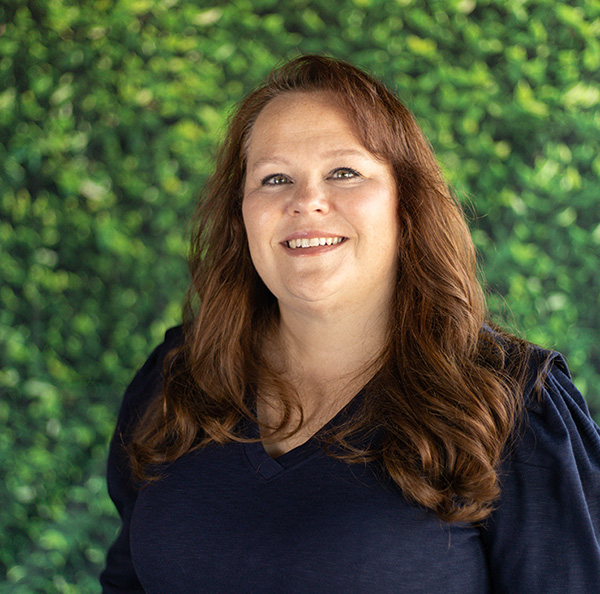When you think of yourself as an educator, what do you consider your greatest strengths?
I challenge you to list them. Why?
The number one influencer of our personal efficacy is mastery moments.
- What are we masterful at doing for and with students?
- In what strategies that you have used have you seen lightbulbs go on for students?
- When have we ignited learning for others?
Those are your mastery moments.
If we use those moments to build a remote learning experience for students, then we have started on the strongest footing possible.
Here is what we know about educators: 1) You love kids, especially those with which you have spent all year developing relationships. 2) You love learning and designing learning experiences. 3) You often find ideas from others and make them even better. 4) You have students who can be your partners in this process.Let’s break this down to offer some food for thought:
- Caring about Kids: What we all probably need most in this stressful time of seclusion is connection. Think of meaningful ways to connect with your students and have them connect with each other. It doesn’t just have to be about the content and standards. How can you share with them how much you care and engage them in community?
- Designing Learning: The more fun you have designing the learning for students the more fun they will have experiencing it. Consider spending time thinking about what would make learning meaningful if you were a student at home and needing some motivation for engaging in schoolwork. How can students have a voice in the experiences or be part of the planning? How can you tap into their interests and questions, making learning more personalized? How can we ask for and use their feedback about learning experiences to make tomorrow’s learning even better?
- Building Off of Other’s Ideas: Take a few minutes to check out what other educators are doing to make learning meaningful. What are their mastery moments? Consider taking time to look for best practices and learning experiences that would be highly impactful for learners. Maybe start a group or team that plans together and allows you to collaborate and work smarter than harder. Ideas are always better when we have thought partners.
- Learners as Partners: How can you grow stronger learners? Students are on their own or learning with their parents at home, so we need to think about growing the dispositions of learners in addition to teaching content and standards. How can we coach and provide affirmation and feedback on the characteristics students are exhibiting as learners like determination, a willingness to ask questions, prioritizing and goal setting, etc? These are transferrable skills and are those factors that are always underlying attitudes, perceptions, and engagement in learning so addressing them could have a huge impact on outcomes for remote learning.
It is from our strengths that we are most able to adapt and grow so take some time to consider how you can tap into those things you do best and those ways you care for and support students. You’ve got this!
What are some strategies you have been using that you can share for other educators? Please share.


